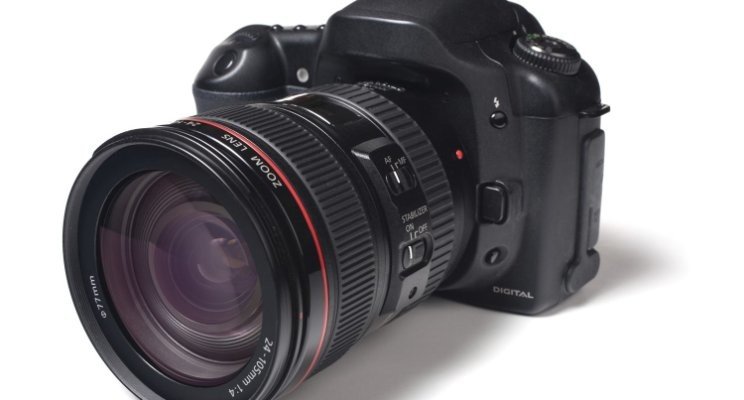A digital camera is a multimedia device that is used to capture images in digital format either in an external memory card or the internal camera memory. Along with images, it also enables the user to record videos of different resolutions, such as 720P or 1080P. Digital cameras provide the flexibility of retrieving or deleting images or videos from the memory. Still images and video clips can be simultaneously viewed over the display screen of the camera and transferred to other devices via a USB cable or an inbuilt Wi-Fi system. Apart from this, it is economical and user-friendly in nature as it eliminates the process of developing a film roll. Most of the digital cameras offer a wide variety of features including auto-focus, best-shot selector, removable memory card, shutter priority, panorama view, zoom-in and zoom-out options, etc. In addition to this, a digital camera helps the users in performing elementary image editing. However, the demand for digital cameras has diminished in recent years due to the integration of cameras into other electronic devices such as smartphones and laptops. According to IMARC Group, the global digital camera market was worth US$ 18.6 Billion in 2017.

Smartphones acting as a substitute for digital cameras hinder market growth
The manufacturers of digital camera are continuously experiencing challenges from the smartphone industry due to technological advancements made in the inbuilt cameras of these phones. While digital cameras serve only one purpose of taking pictures and videos, smartphones also offer several other functions like calling, texting, gaming, entertaining, etc. Apart from this, lack of innovations in digital cameras industry is further failing to intrigue the consumers to invest in new camera models. The emergence of rental services for these cameras has also resulted in their decreasing sales. In addition, they are associated with several working complexities which have led to a decline in their popularity amongst amateur photography enthusiasts. As a result, the market is anticipated to reach a value of US$ 8.9 Billion by 2023, registering a negative CAGR of nearly 11.5% during 2018-2023.
Want more information about this market? Request a free report sample: https://www.imarcgroup.com/request?type=report&id=877&flag=B
Interchangeable lens camera dominates the market
The digital camera market can be segmented on the basis of product type as interchangeable lens cameras and built-in lens cameras. Interchangeable lens cameras are the most popular type, accounting for more than two-thirds of the total market share. An interchangeable lens camera is known for producing high-quality as well as sharp images. They are further categorized into digital single-lens reflex (SLR) cameras, digital rangefinders and line-scan camera systems. Whereas, the built-in lens cameras hold the remaining share. These cameras are lighter in weight and smaller in size than interchangeable lens cameras. They are further divided as integration cameras, bridge cameras and compact digital cameras.
Asia Pacific exhibits a clear dominance in the global digital camera market
Region-wise, Asia Pacific enjoys the topmost position in the market, holding the majority of the global share. In the initial years, the demand for digital cameras was high in the region, but the advent of newer technologies and improved specifications of top-end smartphones have negatively affected the sales of digital cameras. Asia Pacific is followed by Europe, North America, Latin America, and Middle East and Africa.
The highly concentrated and competitive market of digital cameras consists of a handful of manufacturers. Currently, Canon Inc. and Nikon Corporation are the leading players operating in the industry, demonstrating a competitive edge over other players in terms of quality and product pricing. Other key players include Panasonic Corporation, Olympus Corporation and Sony Corporation.